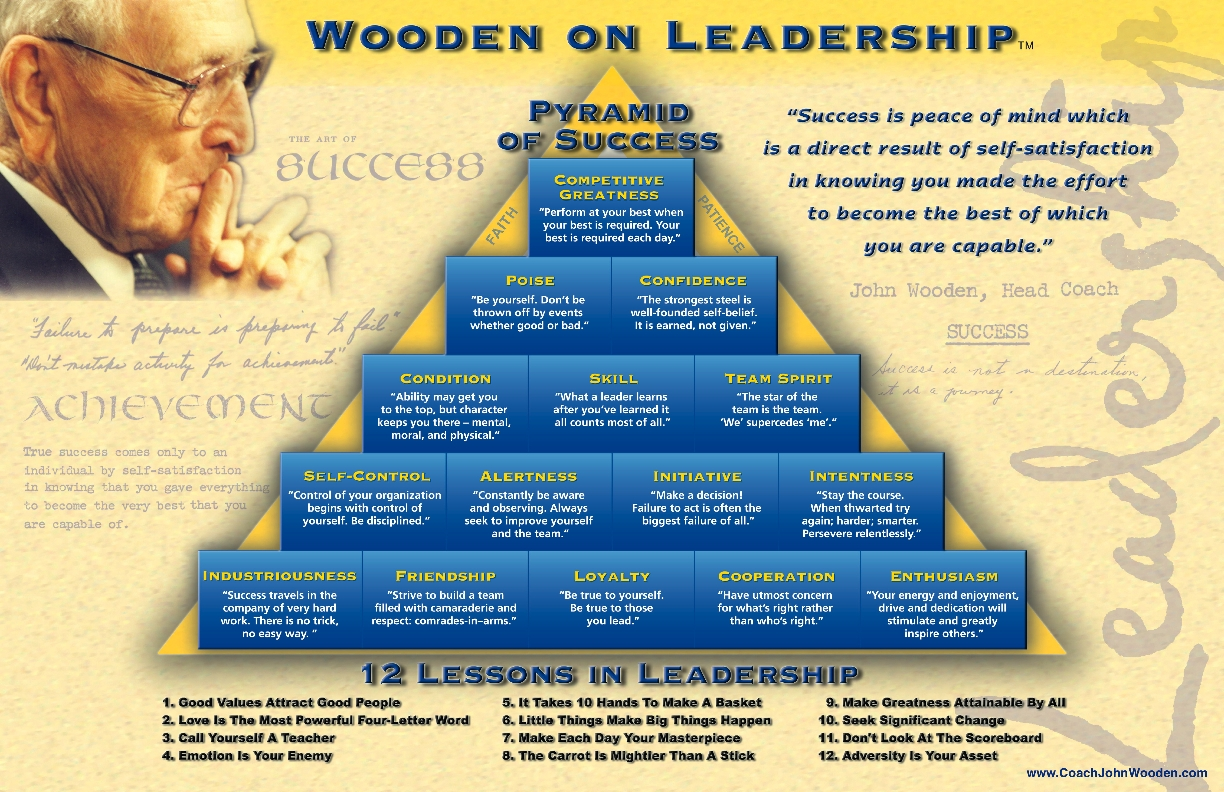Red Heifer
Mr. Nathan began his forum by pointing to current events in the Middle East, such as the Israeli-Hamas war. Despite all the coverage of these events by Western Media, some issues are still not examined, and this is what Mr. Nathan presented to the Living Education students: Hamas claims that Israel has red heifers, and this justifies the attack on the nation. To understand the importance of this claim and to be aware of the news, Mr. Nathan explained the topic of the red heifer.
The Requirements:
There are several requirements for a red heifer, some of which are stated in the Bible and others that the Jews set.
- Must be 2 years old and weaned
- It must be red all over, with only a certain number of white hairs allowed
- Not blemished (Numbers 19:2)
- Female
The Sacrifice:
The Bible states how the red heifer was to be sacrificed historically, which is the basis for how it will sacrificed in the future. First, the sacrifice had to occur outside of the camp at Jerusalem, as stated in Numbers 19:3. This means that any current attempts made to sacrifice on the Temple Mount do not count because the sacrifice has to occur outside the camp. The ashes from the burnt sacrifice of the heifer were kept outside of the camp and stored for use in water for the purification from sin (Num 19:9). To serve in the Tabernacle, the Levites were required to cleanse themselves with this water of purification (Num 8:5-7).
History of Sacrifice of the Red Heifer:
Over the last 30 years, a renewed effort has been made to find a red heifer that meets the requirements and start sacrifices. In September 2022, five red heifers were shipped to Israel from Texas; two turned out to be ineligible, but three remain. As of 2024, they were eligible to be sacrificed. However, this does not mean that sacrifices will start immediately. From the time of Moses in the 15th century BC until the temple was destroyed in 70 AD, nine heifers were sacrificed. According to the Jewish Rabbi, Maimonides, the 10th would signal the return of the Messiah. The Temple Institute in Jerusalem keeps heifers for possible sacrifice at Shiloh. At the same time, a replica of the Temple and its instruments is made to understand how the sacrifice should be conducted. It is important to note that once the heifer is sacrificed, the ashes from the sacrifice can be kept for purification purposes for an extended period. This means that even if the heifers are sacrificed, there is an unknown length of time until the sacrifices begin again in Jerusalem.
Christ’s Sacrifice:
Just like the heifer, Jesus Christ was a sacrifice without blemish (without sin), as Hebrews 9:12 states. Christ was also crucified outside of the gates of Jerusalem,m just as the red heifer must be sacrificed. Christ’s sacrifice is the perfect replacement for the blood of the red heifer commanded for Israel and redemption from our sins. As the sacrifice of the red heifer was a physical way to be cleansed from sin, those who have received the Spirit are spiritually cleansed and purified (1 Peter 1:22).
Prophecy:
The start of the sacrifice of the red heifer is essential to be aware of because it signals end-time events. The sacrifices of the red heifer must start again so that they can be stopped and replaced with the ‘abomination of desolation’ (Daniel 9:27, Daniel 11:31, Matt 24:15-22), which will signal the end time ‘great tribulation’ that precedes the return of Jesus Christ.
Final Thoughts:
Mr. Nathan ended his forum by reminding the students to become wise and understand the world scene. He encouraged them to be aware of how events worldwide, especially in the Middle East, play into end-time prophecy and to realize how Western Media portrays them.

